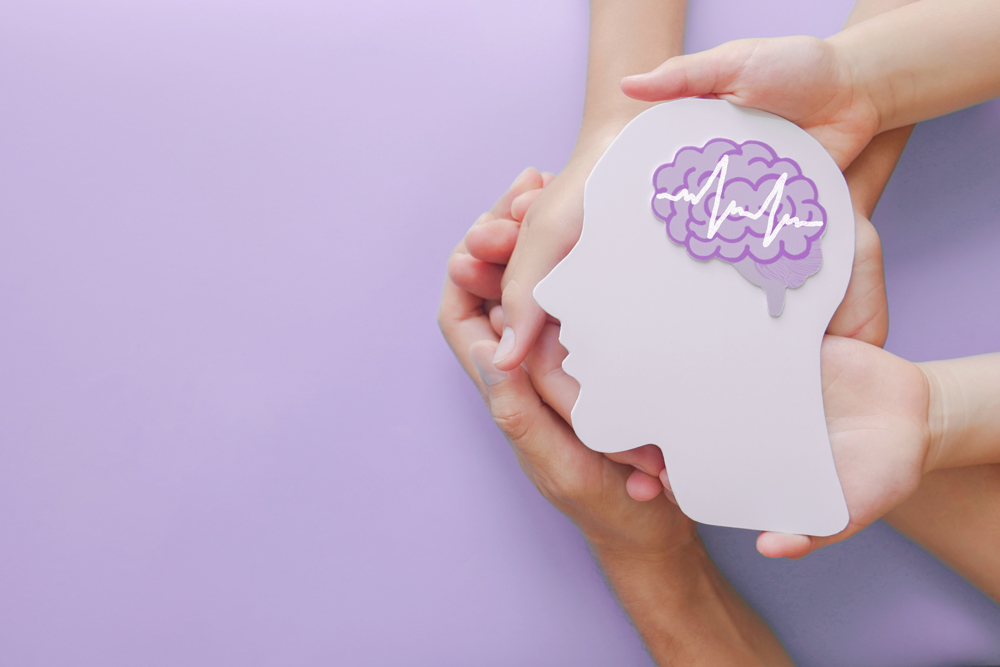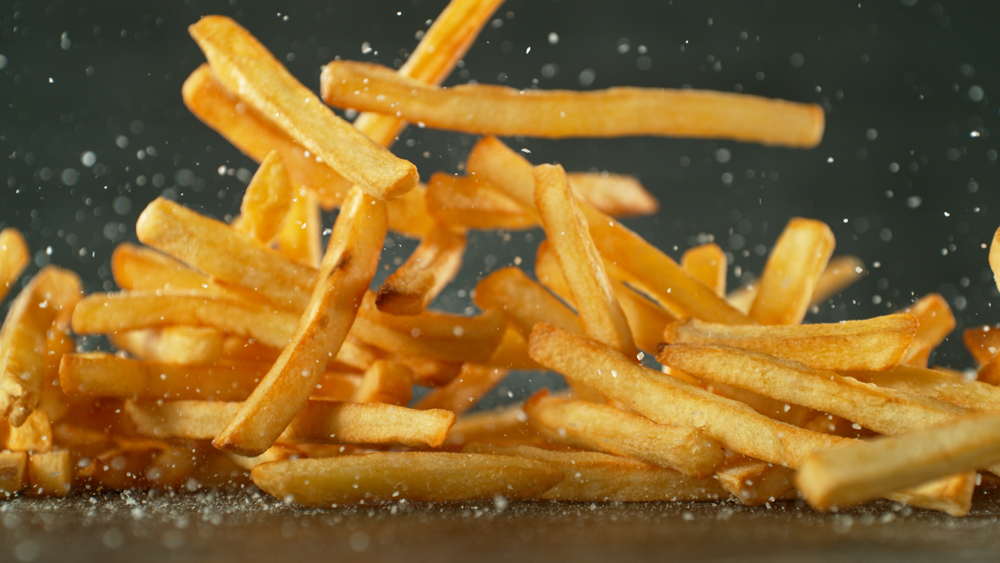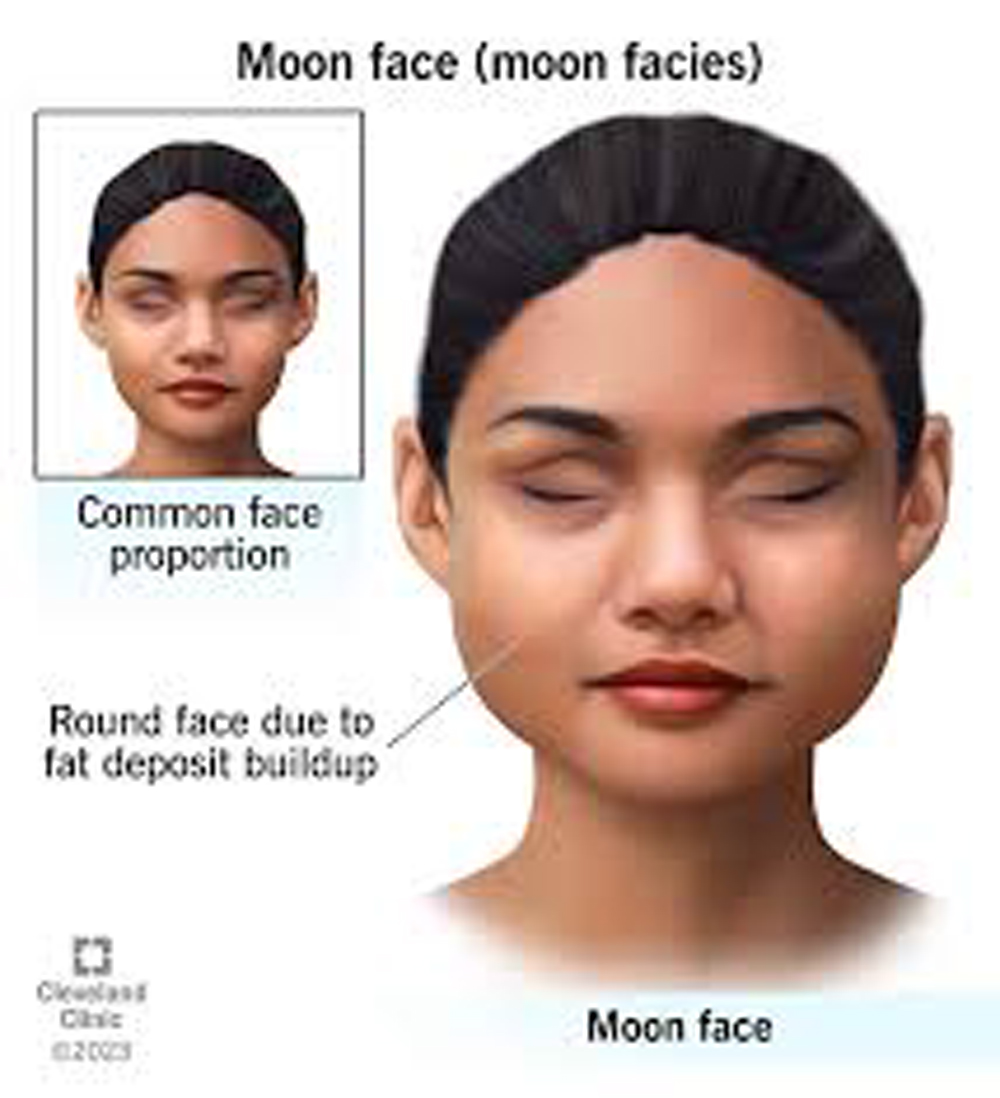Ever look in the mirror after a particularly stressful week and notice your face looking puffier than usual? You’re not alone. In fact, the internet has given this phenomenon a name—Cortisol Face. It's the latest buzzword for facial bloating and water retention linked to stress, and it’s setting social media ablaze. But is the puffiness really all about stress? Let's dive into what’s causing this and how to manage it with expert insights from Dr Kiran Sethi.

What Is Cortisol?
Cortisol is a hormone produced by the adrenal glands, which sit on top of your kidneys. It's often referred to as the ’stress hormone‘ because it's released when you're under pressure or facing a stressful situation. Cortisol helps your body respond to stress by increasing energy, controlling blood sugar levels, managing metabolism, and regulating blood pressure. Imagine it as your body’s ’fight or flight‘ superhero, rushing in to help when things get hectic. Whether you’re stuck in traffic, prepping for a big presentation, or just feeling overwhelmed, cortisol helps you handle it by boosting your energy, managing your blood sugar, and even keeping your blood pressure in check.
What Exactly Is Cortisol Face?
At its core, Cortisol Face refers to facial puffiness caused by stress. Stress triggers the release of cortisol, a hormone that plays a huge role in how our body manages stress. ’Cortisol is a major stress hormone—when exposed to external or internal stress, cortisol levels rise,’ explains Dr Kiran.
While its main job is to help you deal with stress, it also has a hand in regulating metabolism, blood pressure, and blood sugar levels. When your body produces too much cortisol, it can lead to water retention and, unfortunately, a puffy face.

Is Cortisol The Only Culprit?
While cortisol might seem like the villain here, it’s only part of the story. Dr Kiran explains, ‘Cortisol is a contributor and can often be a major one, but things like poor diet, excessive salt intake, poor lymphatics, hormonal irregularity, hypersensitivities, and allergies can all cause the same symptoms.’
So, while stress-induced bloating is real, other lifestyle factors could worsen things. A high-sodium diet, poor hydration, or even certain allergies might be contributing to that morning puffiness.

What’s The Difference Between Cortisol Face And Moon Facies?
If you've been searching online for Cortisol Face, you may have stumbled upon the term moon facies and wondered if they’re both the same thing. According to Dr Kiran, they are not. Moon facies refers to a more severe medical condition where excess cortisol production causes extreme facial swelling. ’There is a symptom called moon facies, which refers to a medical condition caused by actual excess levels of cortisol created by the body—not the normal or slightly elevated levels of cortisol from stress,’ Dr Kiran explains.
True cortisol-induced moon facies is rare, and usually a symptom of Cushing’s disease, a condition where the body produces far too much cortisol. ’Cushing’s disease affects only 5 to 15 people per million in the USA,’ she adds. It can also be caused by excessive use of oral steroids or insulin resistance.
How Can You Tell If It’s Cortisol Face Or Something Else?
’To know for sure that you don’t have a medical condition causing moon facies, you can check your cortisol levels in urine, do a dexamethasone suppression test, or even a salivary test,’ advises Dr Kiran. In more complex cases, an MRI might be necessary to rule out Cushing’s disease.
What Can You Do To Combat Cortisol Face?
If you’re dealing with stress-related puffiness, there’s no need to panic. There are simple lifestyle changes that can help:

- Exercise: Regular physical activity helps reduce water retention and lower stress levels.
- Reduce salt intake: ‘Avoid MSG and high-sodium foods,’ says Dr Kiran. Sodium contributes to bloating, so cutting back can make a big difference.
- Watch your diet: Lower your intake of high-glycemic foods (like sugary snacks) to stabilise your blood sugar and prevent water retention.
- Try Gua Sha: This ancient facial massage technique can help with lymphatic drainage, reducing puffiness.
- Maintain a healthy weight: Excess weight can contribute to water retention, so maintaining a balanced lifestyle helps.
- Stress management: Meditation, yoga, or simply taking some time out for yourself can help reduce cortisol levels naturally.
When Should You See A Doctor?
If you've tried these remedies and are still experiencing significant facial bloating, it might be time to seek medical advice. ‘If your puffiness persists and you suspect a medical condition like Cushing’s, see an endocrinologist!’ Dr Kiran stresses. While Cushing’s is rare, it’s important to rule it out if lifestyle changes aren’t helping.